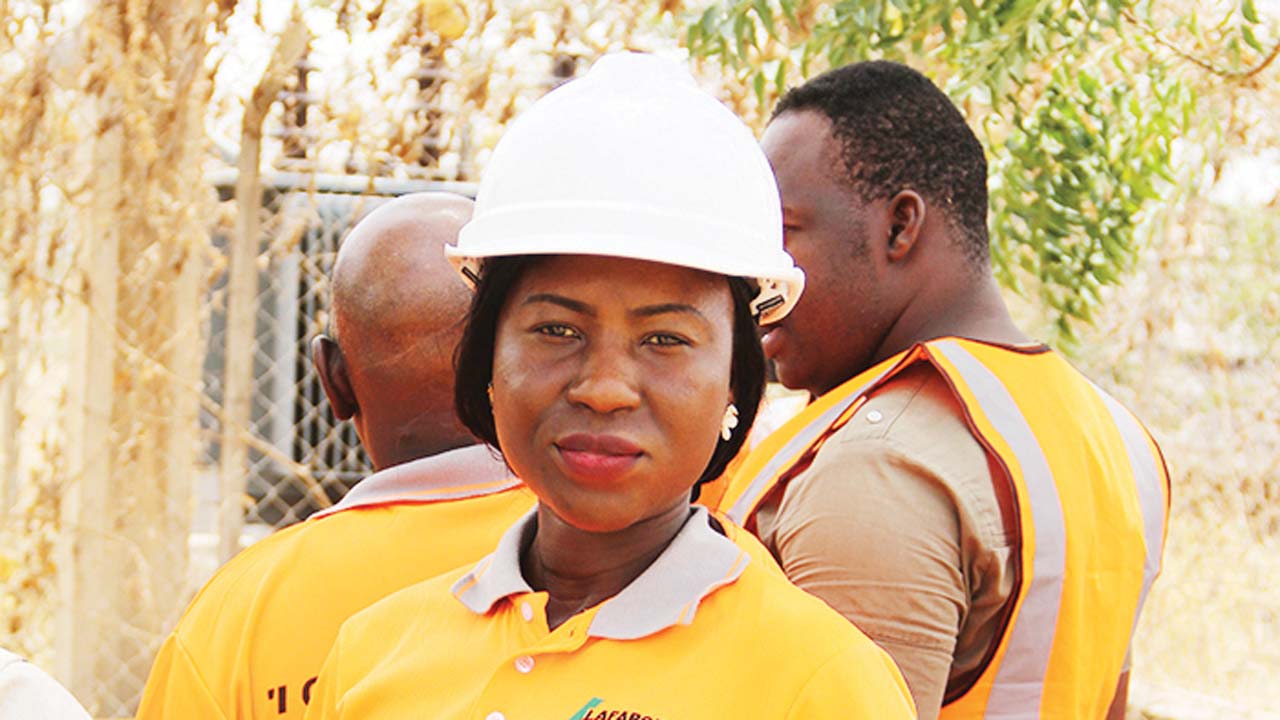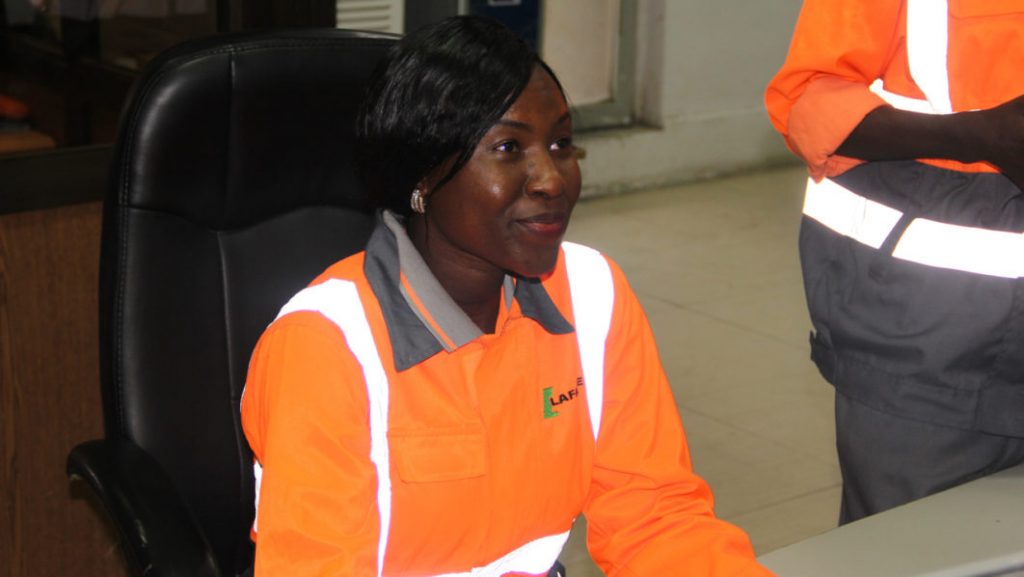AshakaCem sits on a large expanse of land in Funakaye local council of Gombe, and close to the epicentre of the Boko Haram insurgency.
Inside the sprawling compound of the largest factory in northeastern Nigeria, hundreds of men, locals and expatriates, go about their businesses with ease. Among those men is a lady whose determination and sense of purpose have distinguished her in an environment obviously dominated by men.

She is the first and the only female engineer in the history of the company incorporated in 1974.
“I am proud to be the first female engineer in the history of the company,” she says.
Resting behind that pride is a tacit acceptance that being the first female engineer in the company comes with a big challenge. She quickly points out the challenge has nothing to do with her work but being a role model to girls within her immediate environment, and perhaps, in the entire northern Nigeria.
“It is challenging,” she tells Guardian Woman. “As the first female engineer [in AshakaCem], a lot more is expected of me… as a role model, all eyes are on me; I need to deliver and meet their expectations.”
But her role as the health, safety and environment manager at Maiganga Coal Mine is insulated from the pressure of being a role model.
And such huge responsibility does not faze her. The support her employer, her male colleagues and her husband give her ensures that she is able to deliver on the job.
Deborah blames early marriage and negative beliefs about girl-child education for the dire statistics. Left to her, there would have been more northern females in schools and male-dominated fields.
“Being a female should not limit what you want to achieve in life,” she says, adding that “Every girl should be given the right to pursue whatever career she has chosen for herself.”
Deborah credits her parents, especially her father, for who she has become.
“I got the encouragement from my dad when I was young,” she says. “When I told him I wanted to study engineering, he was like, ‘Wow’. He really encouraged me.”
She says her parents’ educational background was not the reason they encouraged her career choice. She believes they were motivated by the need to see her evolve into a successful individual, not minding that the engineering field is male-dominated.
At work, success did not come cheaply to her. Like everybody else, she has to earn it.
“I joined Ashaka in 2015 as a graduate trainee. Thereafter, I was made a control room operator [CRO] overseeing cement processing – right from the quarry to bagging,” she says.

